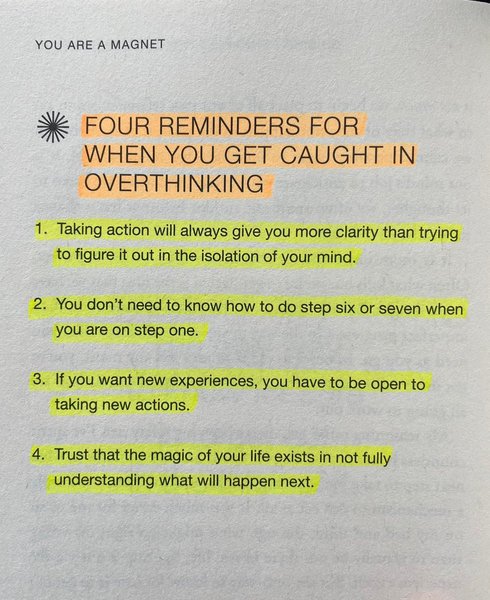Agency
Ask culture expectations
- Ask for what you want, even if it seems out of reach or like a big unreasonable request
- Take care of your own needs, and others will take care of theirs
- It’s fine to make requests that people will probably say no to
- People
Jean Hsu • Ask vs Guess Culture
There's obviously a balance to be had here. But it you want to accomplish things that are hard, you should lean towards ask.
Why is this?
Hard things require overcoming a lot of obstacles. It requires diligence and time. If you're going to hear a lot of no’s, it's better to hear them upfront than hope there's a yes lurking around the corner. There usually isn't.

The opposite to reflexive agency is prompted agency - agency which only becomes available given some prompt to action. “That does seem like a problem. Have you tried solving it?” is my only-half-joking prompt I use with people: It’s something that highlights the failure of agency, in a way that makes people aware that action is an option available
... See moreDavid R. MacIver • Learning to exercise agency
Perfect is the enemy of done
Inaction is the enemy of action
Inaction in search of perfection is the enemy of action

First, we must gather information, and collect our puzzle pieces. Then we must assemble the edges, building the container for our work. In this way, action is the precursor to creativity. Not the other way around.
We must act our way into creativity, not think our way in.

How much of a constraint is consistency space on agency?
The 4 hours aren't always 4. The energy you have in those 4 hours isn't always the same.
In payoff space, you can focus your energy for bursts of effort. Or you can focus your recharge/recovery times around your work.
The availability of rest after work likely affects how hard one is able/willing to work. The allure of rest is likely different.
Rest as an escape from work vs Rest as a place to prep for work
Athletes will perform differently in teams depending on if the system is built around them or they are recruited for the system; if the level of pressure is suited to their person; and if the coach is willing to be patient for them to adapt to their situation.
I'm reminded of that Mourinho press conference:
“Look at how they play, where they play, if they play”
Lots to ponder…
